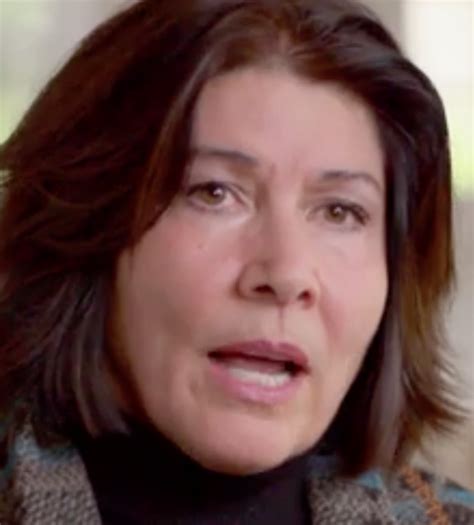A Quote by Dalai Lama
We must recognize that all beings want the same thing we want. This is the way to achieve a true understanding, unfettered by artificial consideration.
Related Quotes
We live in this society where you must constantly be reinventing yourself. The big question is what are you doing next. The only thing they want is composed of these three elements: They want you to do it the exact same way because they want more of it; but they want it to be totally different; and they want it to be better. That's all you have to do. You just have to do something that's exactly the same, totally different, and better.
We must come to understand the deep mutual connection or kinship between the various forms of our spirituality. We must recollect our original spiritual and moral substance, which grew out of the same essential experience of humanity. I believe that this is the only way to achieve a genuine renewal of our sense of responsibility for ourselves and for the world. And at the same time, it is the only way to achieve a deeper understanding among cultures that will enable them to work together in a truly ecumenical way to create a new order for the world.
Human beings by nature want happiness and do not want suffering. With that
feeling everyone tries to achieve happiness and tries to get rid of suffering, and everyone has the basic right to do this. In this way, all here are the same, whether rich or poor, educated or uneducated, Easterner or Westerner, believer or non-believer, and within believers whether Buddhist, Christian, Jewish, Muslim, and so on. Basically, from the viewpoint of real human value we are all the same.
In every Indigenous community I've been in, they absolutely do want community infrastructure and they do want development, but they want it on their own terms. They want to be able to use their national resources and their assets in a way that protects and sustains them. Our territories are our wealth, the major assets we have. And Indigenous people use and steward this property so that they can achieve and maintain a livelihood, and achieve and maintain that same livelihood for future generations.
I think people all over the institution recognize that different ways of understanding are valuable. Artists may think in a different way than biologists or chemists, but you can learn something from that. It is true that the arts at MIT don't have the same amount of funding or same status as the sciences or engineering.
In what terms should we think of these beings, nonhuman yet possessing so very many human-like characteristics? How should we treat them? Surely we should treat them with the same consideration and kindness as we show to other humans; and as we recognize human rights, so too should we recognize the rights of the great apes? Yes.
You know, women are acting the way they want to act now. Years ago they would hide it in the way they dressed, the way they speak, even the way they act in bed. Today, they're doing the same thing, but they're dressing the way they want to be treated and, when you're with them, acting the way they want to act. And you know, honesty is the best policy. I love that.
In all the dictatorships, there's such a non-understanding of what human beings are. I mean, if you believe in the Bible, you have the story of Adam and Eve and God tells them, "Do whatever you want. The only thing you shouldn't do is eat the apple." What do they do the first thing? They eat the apple. So if you know a little bit the psychology of human beings, you have to understand that if you say something you should not do, then everybody wants to do it.
When I write, my goal is to delve deeply enough into the human experience to find a sort of universality. Once you dig down underneath surface differences, we are all human beings. And all human beings want essentially the same things at our core. We want to love and be loved. We want to be safe. We want our loved ones to be safe.








































